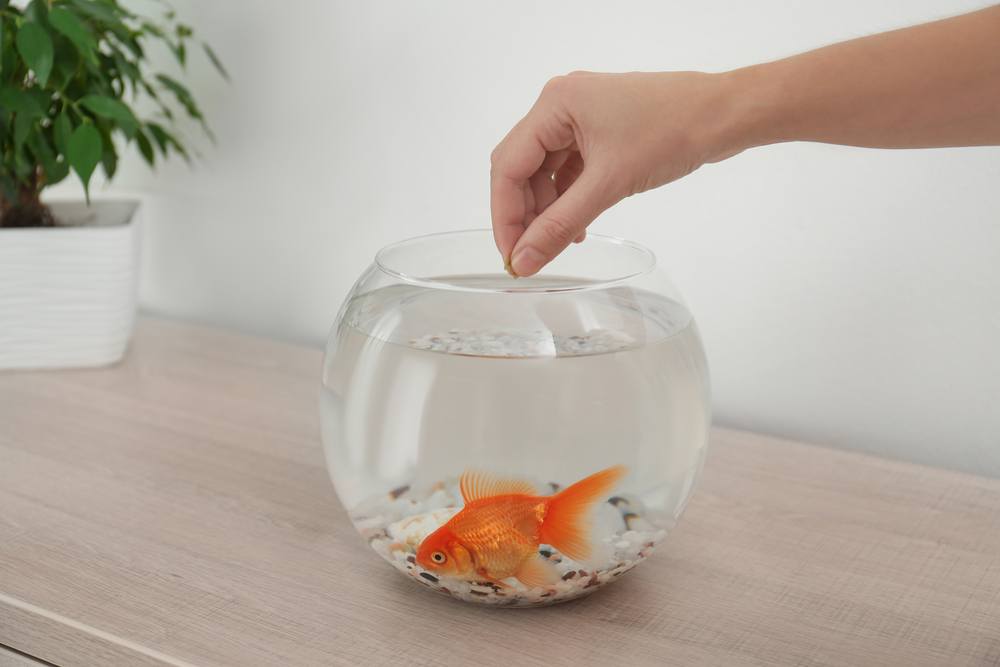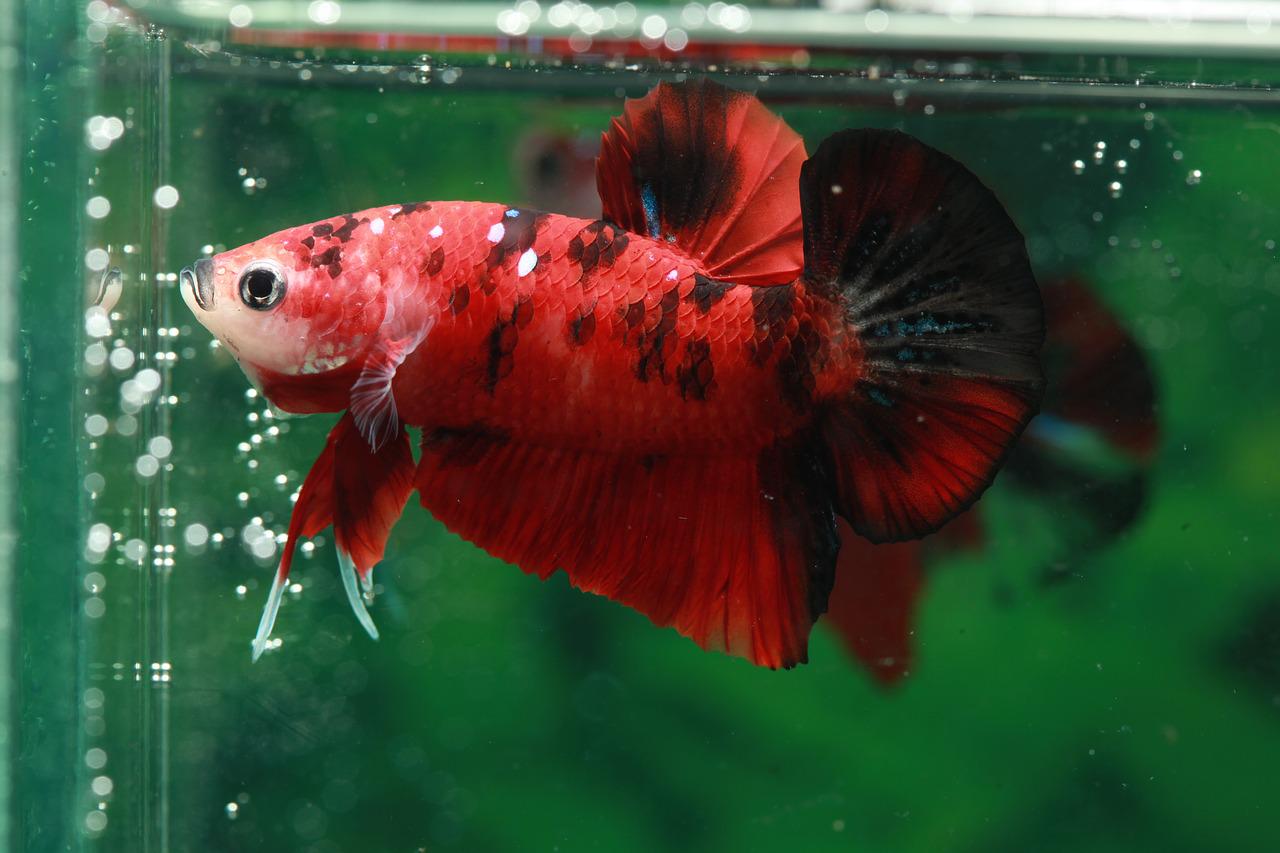I. Introduction
A. Understanding the Importance of Food for Fish Survival
Food is essential for the survival of fish as it provides vital nutrients and energy necessary for their bodily functions and overall well-being. Without adequate sustenance, fish may become susceptible to illness and weakened immune systems.
B. Factors Influencing a Fish’s Ability to Survive Without Food
Various factors, including the species of fish, its size, the water temperature, and the amount of stored fat reserves, can influence a fish’s ability to survive without food. Additionally, the fish’s environment and specific predatory threats can play a critical role in its ability to endure periods of food scarcity.

II. Fish Species and Feeding Habits
A. Variation in Feeding Habits Among Different Fish Species
Fish species exhibit a range of feeding habits, from carnivorous to herbivorous and omnivorous, affecting their ability to survive during food scarcity. Understanding these habits is crucial in determining their survival capabilities.
B. Understanding the Survivability of Fish Based on Feeding Behavior
The distinct feeding behaviors of fish may lead to various adaptation strategies for coping with food scarcity. Some fish can conserve energy or slow down metabolic rates during periods of food deprivation due to their unique feeding behaviors.

III. Nutritional Reserves and Feeding Cycles
A. Role of Nutritional Reserves in Fish Survival Without Food
Certain fish species can rely on stored fat reserves and other nutrients to sustain themselves during extended periods without food. These reserves play a crucial role in supporting the fish’s survival during times of scarcity.
B. Impact of Feeding Cycles on the Ability of Fish to Survive Without Food
Fish with irregular feeding patterns may have evolved to endure longer periods without food due to their ability to store and utilize energy effectively. Understanding these natural adaptations is essential in comprehending a fish’s resilience against food deprivation.

IV. Duration of Survival Without Food
A. Factors That Determine How Long a Fish Can Survive Without Food
The specific physiological and behavioral traits of fish, coupled with environmental conditions, govern the duration fish can subsist without food. Each fish species possesses unique characteristics that determine its survival capacity during food scarcity.
B. Understanding the Thresholds for Survival Without Feeding in Different Fish Species
Different fish species exhibit varying levels of tolerance to food deprivation. Some species can endure weeks or months without food, while others may succumb to starvation relatively quickly. Understanding these thresholds is crucial for ensuring the well-being of pet fish.

V. Health and Condition During Food Deprivation
A. Impact of Food Deprivation on Fish Health and Well-being
Prolonged food deprivation can have detrimental effects on a fish’s health, leading to reduced immunity, muscle wasting, and increased susceptibility to diseases and infections.
B. Signs of Stress and Deterioration in Fish Due to Prolonged Food Deprivation
Physical signs such as weight loss, diminished coloration, and lethargy may indicate the deteriorating health of fish experiencing prolonged food deprivation. It’s imperative for fish owners to recognize these signs and take appropriate action.

VI. Feeding After Prolonged Starvation
A. Rehabilitation and Reintroduction of Feeding After Extended Starvation
Resuming feeding after prolonged starvation should be approached cautiously, focusing on easily digestible and nutritious foods to prevent complications and ensure the fish’s successful recovery.
B. Strategies for Restoring Nutritional Health in Fish Post-Food Deprivation
Implementing balanced nutrition and careful monitoring are crucial for restoring the health of fish as they recover from extended periods of food deprivation. Utilizing these strategies can aid in the fish’s rehabilitation and overall well-being.
VII. Recommendations for Feeding and Survival
A. Best Practices for Consistent Feeding and Nutrition in Captivity
In a captive environment, maintaining regular feeding schedules and offering a well-rounded diet is paramount to support the health and longevity of fish. Consistent nutrition is essential in ensuring the well-being of pet fish.
B. Balancing Feeding Frequency and Routines to Ensure Fish Health and Vitality
Establishing appropriate feeding frequency and routines aligned with a fish’s nutritional needs is vital for fostering their overall health and vitality. These considerations are essential for creating a sustainable and healthy fish care regimen.
VIII. Consultation and Support
A. Seeking Professional Guidance for Fish Nutrition and Health Needs
Consulting with aquatic specialists or veterinarians can provide valuable insights and tailored recommendations for optimizing fish nutrition and health. Professional guidance can help fish owners navigate the complexities of proper fish care.
B. Collaborating with Aquatic Specialists for Tailored Guidance on Fish Nutrition and Care
Collaborating with experts in the field of aquatic biology and fish health can help fish owners develop comprehensive care plans that promote the well-being and survival of their aquatic companions. Expert advice plays a pivotal role in ensuring the long-term health and vitality of pet fish.
By understanding the factors influencing fish survival without food, implementing appropriate feeding strategies, and seeking professional guidance when needed, fish owners can ensure the health and vitality of their aquatic pets.
IX. Environmental Factors and Food Availability
A. Impact of Environmental Factors on Fish Survival Without Food
The environmental conditions, including water quality, temperature, and oxygen levels, significantly influence a fish’s ability to endure periods of food scarcity, affecting their overall survival.
X. Long-term Effects of Food Deprivation
A. Understanding the Long-term Consequences of Prolonged Food Deprivation
Extended periods of food deprivation can lead to various long-term effects on a fish’s health, including weakened immune systems, stunted growth, and decreased reproductive capabilities. These consequences highlight the critical need for consistent and adequate nutrition to support a fish’s long-term well-being.
B. Mitigating the Long-term Impact through Proper Nutrition and Care
To mitigate the long-term impact of food deprivation, fish owners must prioritize providing balanced and regular nutrition to their aquatic pets. By ensuring that fish receive an appropriate diet and monitoring their health, owners can help minimize the potential long-term effects of food deprivation and support their overall vitality and well-being.
Conclusion
In conclusion, understanding how long fish can live without food is imperative for fish owners to ensure the well-being of their aquatic pets. By recognizing the influence of species-specific behaviors, feeding habits, and nutritional reserves, as well as seeking professional guidance when necessary, fish owners can develop effective strategies for promoting the health and vitality of their fish. Through attentive care, balanced nutrition, and a deep understanding of the factors that influence fish survival, pet owners can create environments that support and sustain the well-being of their beloved aquatic companions.


